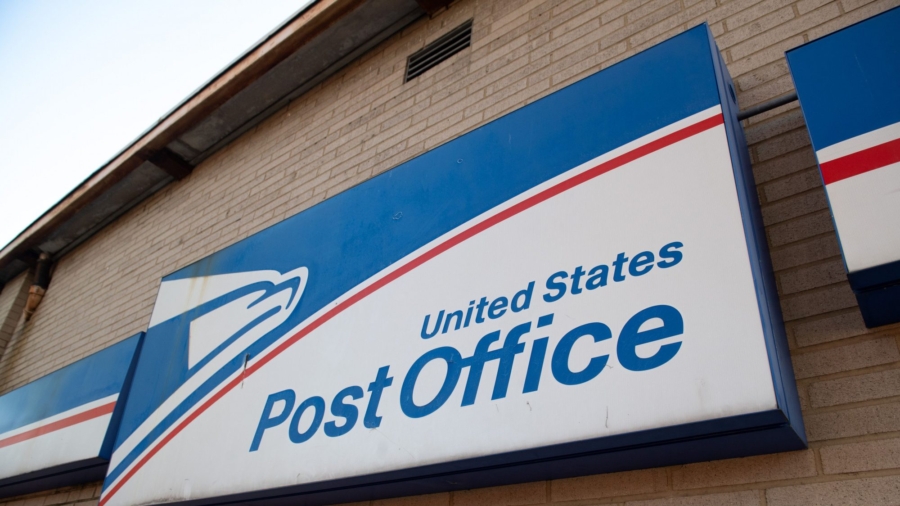An evangelical Christian’s fight with the U.S. Postal Service over his refusal to work Sundays gives the Supreme Court another chance to expand religious rights but also sparks debate over whether religious people are more legally deserving than others to weekend days off from work.
The justices are set to hear arguments on Tuesday in an appeal by Gerald Groff, a former mail carrier in Pennsylvania after a lower court ruled against his claim of religious discrimination by the Postal Service as the company demanded him to work Sundays when he observes the Christian Sabbath.
The Postal Service initially tried to meet his request to not work on Sundays but was not always willing or able to; according to the Postal Service, Groff’s absences caused tension among coworkers who had to cover his shifts.
After being disciplined for repeatedly failing to show up for work on Sundays, Groff resigned in 2019.
“The whole point of religious accommodation is you have to make special or favored arrangements in order to have an inclusive workforce,” said Alan Reinach, one of Groff’s attorneys.
But the matter is more complex. As employment law expert Michael Harper argued, a ruling in favor of Groff could “give a preference to the religious because they get to stay home on their Sabbath” that would be denied to nonreligious people. “Whenever you depart from neutral standards it creates the potential for greater friction in the workplace.”
Postal workers’ unions urged the Supreme Court to handle the case with careful consideration.
“A day off is not the special privilege of the religious. Days off, especially on the weekend, are when parents can spend the day with children who are otherwise in school, when people can spend time on the other necessities of life, when the community enjoys a common day of rest for churchgoers and the nonreligious alike,” the American Postal Workers Union said in a brief.
Biden Admin Weighs In
The Biden administration requested (pdf) the high court in November not to review the case, arguing that the court of appeals was correct in its view that Groff’s request “disrupted the workplace and workflow, and diminished employee morale.”
Groff’s case is built upon a federal anti-discrimination law called Title VII of the Civil Rights Act of 1964, a law that prohibits employment discrimination based on religion, race, sex, and national origin.
While Title VII stipulates that employers must provide religious accommodation, exceptions are tolerated if the arrangement were to cause the business “undue hardship”—the so-called Hardison precedent.
Groups representing minority religions told the Supreme Court that the Hardison standard has disproportionately impacted them. “By allowing employers to refuse to accommodate employees’ beliefs for almost any reason, Hardison forces devout employees to an impossible daily choice between religious duty and livelihood,” the Muslim Public Affairs Council said.
Groff’s attorneys have now asked the Supreme Court to require that companies show evidence of a “significant difficulty or expense” before denying religious accommodation.
The implications of the demand may reach beyond the expectations of the plaintiff, as for instance the Islamic faith requires its devout followers to pray five times a day, a ritual that must be preceded by washing the hands, feet, arms, and legs.
Depending on the outcome of the case, Groff vs. Postmaster General might have a complex and profound impact on U.S. employers and employees everywhere.
A ruling is due by the end of June.
Reuters contributed to this article.

